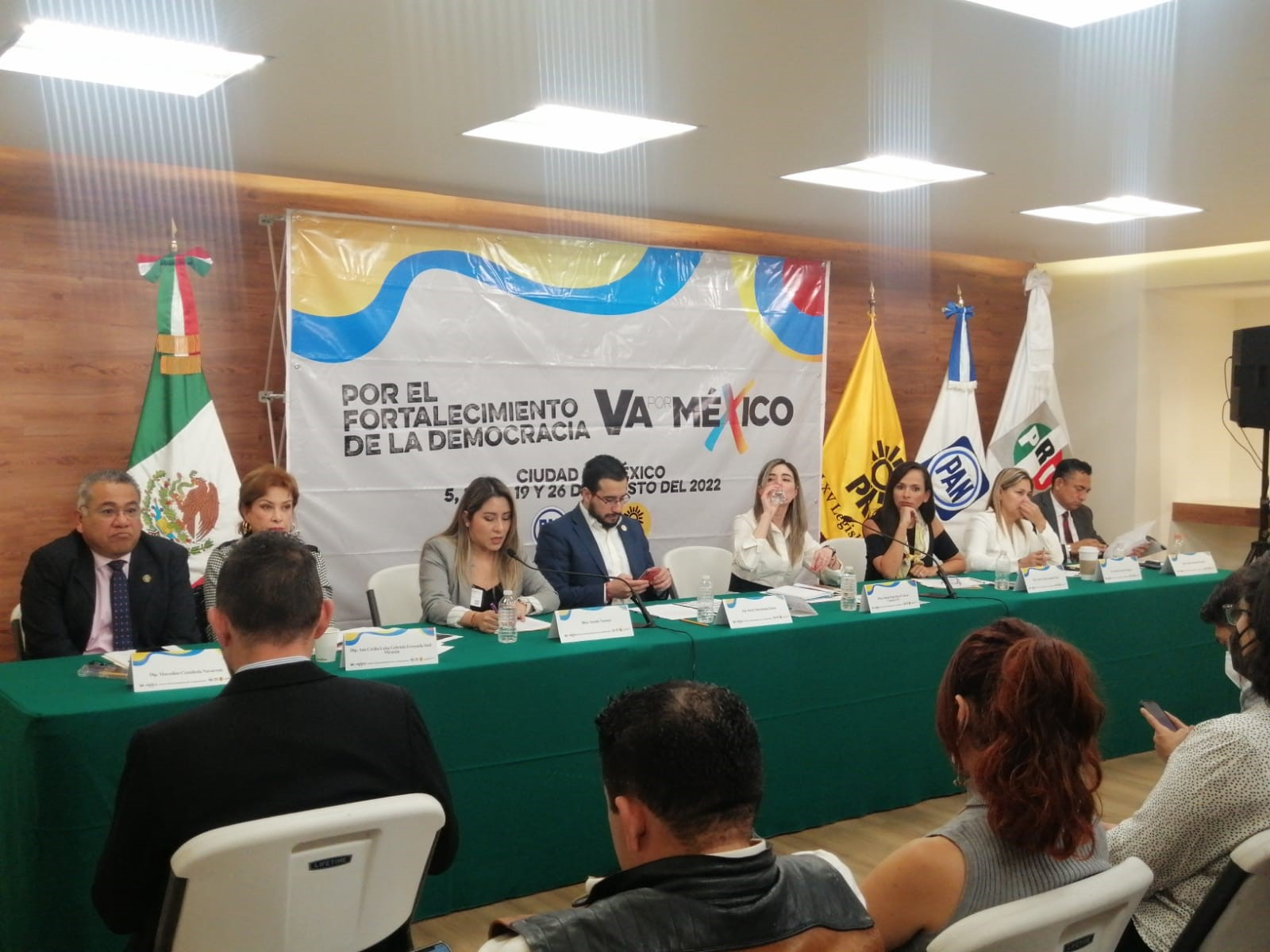
SHARE
One of the most critical barriers to inclusive democracies and institutions is violence or threats of violence that directly impact women’s ability to participate in politics and in the media. While the two sectors have distinct challenges, violence against women in politics and in the media (VAW-PM) exhibits many of the same traits: individuals, institutions, and sociocultural norms mitigating against women working safely and equitably in male-dominated fields. Often, however, women in both fields are pitted against each other and encouraged to distrust each other. This is often stoked by male leaders in both sectors, promoting a toxic media environment and driving women out of both professions. These forms of violence against women are a global issue exacerbated by the worldwide COVID-19 pandemic and are, unfortunately, a growing phenomena. To combat this pervasive trend, NDI has been implementing a program with the International Women’s Media Fund (IWMF) since October 2020 to build trust and partnerships between women in the two sectors, in a number of countries: Kenya, Mexico and Sri Lanka in the last two years, and programs in Guatemala and Liberia are now starting up. In two years of programming and coalition building, the Kenya and Mexico cohorts have begun advocating for change in their sectors. These two countries have seen great success in raising awareness - the first step toward change and creating a more inclusive democracy.
In Kenya, a cohort of women in politics and the media have formed an alliance that has created a radio advocacy campaign to educate listeners on the different nuances of VAW-PM, and to engage the public on action to combat it. The campaign episodes cover topics such as Initiatives to End Violence Against Women Over the Years, Non-legislative Actions to end Violence Against Women in Politics and Media, and Progress Made in Women’s Leadership in Media and Politics, among others. Women in the cohort have also used IWMF’s expert guidance to publish a number of articles and podcasts. The participants in Kenya consistently highlighted the program’s focus on security and online violence as especially helpful while they navigated Kenya’s electoral season last August. As a result, we saw an increase in collaboration between women in politics and in the media in Kenya during the electoral cycle. The cohort is making plans to continue their work after this program ends, and we are excited to follow their future progress.
Another success can be seen in Mexico, where the women in politics and media have formed the “Coalición de Mujeres por la Paridad Efectiva (Women's Coalition for Effective Parity)” and have focused their work on local electoral bodies. They say these institutions need to “comprehensively interpret and implement parity norms integrating both gender and intersectional perspectives in order to guarantee the equal representation of women and their political-electoral rights." The coalition has been working towards this goal through the development of a detailed advocacy plan which aims at working with staff and local electoral counselors to strengthen their skills and abilities to understand gender and equality issues. This works not only to transform these electoral institutions at the internal level but also to impact the work they do to guarantee women's equal political rights. The advocacy plan has been submitted to three Local Electoral Institutions (OPLE) in San Luis Potosí, Querétaro, and Tlaxcala. As these institutions do not currently have processes to institute gender parity in place, which makes them a good target to pilot the advocacy plan. The Coalition has also been vocal through social media and has participated in forums discussing electoral reforms at both national and local levels that seek to remove institutional barriers that limit women's political participation. This has resulted in individuals being able to publish a number of articles and podcasts, which further raise the profile of these important issues.
These two country programs have been a consistent reminder that violence against women remains a pervasive global problem and that women in public life are especially targeted. The cohorts formed in this program have proven that women must be savvy, resilient, and courageous to continue to serve as politicians, journalists, and public figures. Whether educating the public in Kenya or reforming local electoral systems in Mexico, these women have taken NDI’s tested tools and approaches, and adapted and implemented them for their own contexts. As this program expands to new countries, we are committed to continuing to support women who understand the implications of the violence they face on their democracies and say ‘no more.’
Authors: Bridget Rittman-Tune: Program Associate, Gender, Women and Democracy. Kaimyn Paszko, Program Officer, Gender, Women and Democracy. Amara Shaker-Brown, Program Officer, Gender, Women and Democracy
###
NDI is a non-profit, non-partisan, non-governmental organization that works in partnership around the world to strengthen and safeguard democratic institutions, processes, norms and values to secure a better quality of life for all. NDI envisions a world where democracy and freedom prevail, with dignity for all.


